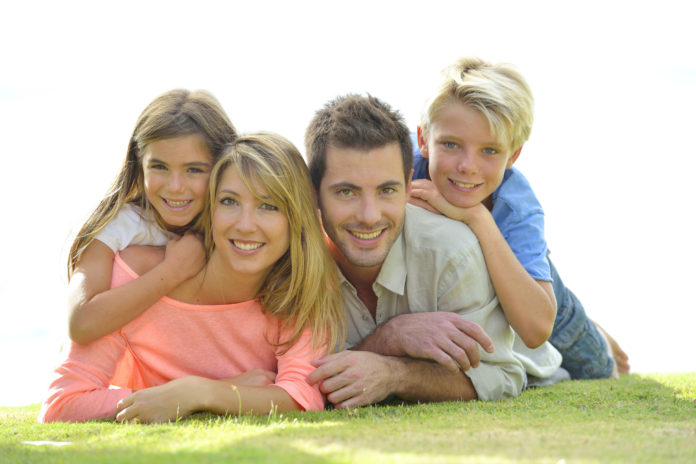Have you ever sat down and thought about having children? Ever looked at a neighbor’s child and thought to yourself how lucky you are that you do not have kids of your own to crunch your lifestyle or keep you up at night? If you empathized with the latter sentiment and smiled to yourself as you read it, now might be the time to rethink your views on that front.
The Numbers
A group of scientists from the Karolinska Institute in Stockholm, Sweden, has recently carried out a study that shows for a fact that having children increases the average life expectancy of a parent by about two years. The research team was headed by Dr. Karin Modig of the Unit of Epidemiology at the Institute.
For their target group, Dr. Modig acknowledged that the team of researchers chose nearly 1.5 million respondents, elderly parents, and non-parents born between the years 1911 and 1925.Choosing this particular group would make it easier to conduct their research as the majority of the Swedish community is elderly. The team conducted a survey on the longevity of life in this age group, taking into account the number of children each person had, their level of education, the level of depravity and when they died.
Though the researchers could not give a definite reason for their results, the numbers they unveiled revealed that life expectancy for elderly parents in Sweden was higher than that of non-parents by two approximately years despite the risk of death being equally high for both groups as they aged. They found that childless men aged 60 could expect to live another 18.4 years while having at least one child increased the chances of the men living another 20.2 years.For women, being a mother at age 60 added about a year and a half to their life, bumping it up from 23.1 to 24.6 more years of existence. Dads who made it to 80 could look forward to another 7.7 years on average, while men without a child only had another 7. Eighty-year-old mothers, on the other hand, could hope for 9.5 more years – about seven months more than childless women, who averaged another 8.9 years.
This is what the research team wrote in their Journal of Epidemiology and Public Health article regarding this difference in longevity for the genders.”The finding of a stronger association for the men’s lifespan and parenthood than for women’s is in line with a previous study which demonstrated that contact with children was associated with better health among parents, and more so for men than for women.”
Regarding the reason for the parents longer lives over the non-parents, the team postulated that elderly parents got support from their children in old age thus led easier lives than their counterparts with no progeny. Another suggestion was that those with the kids were more likely to lead healthy lives as they brought up their children than those without any.
I hope you keep this in mind the next time you think about having kids. Hooligans or not, they just might help you live longer.




